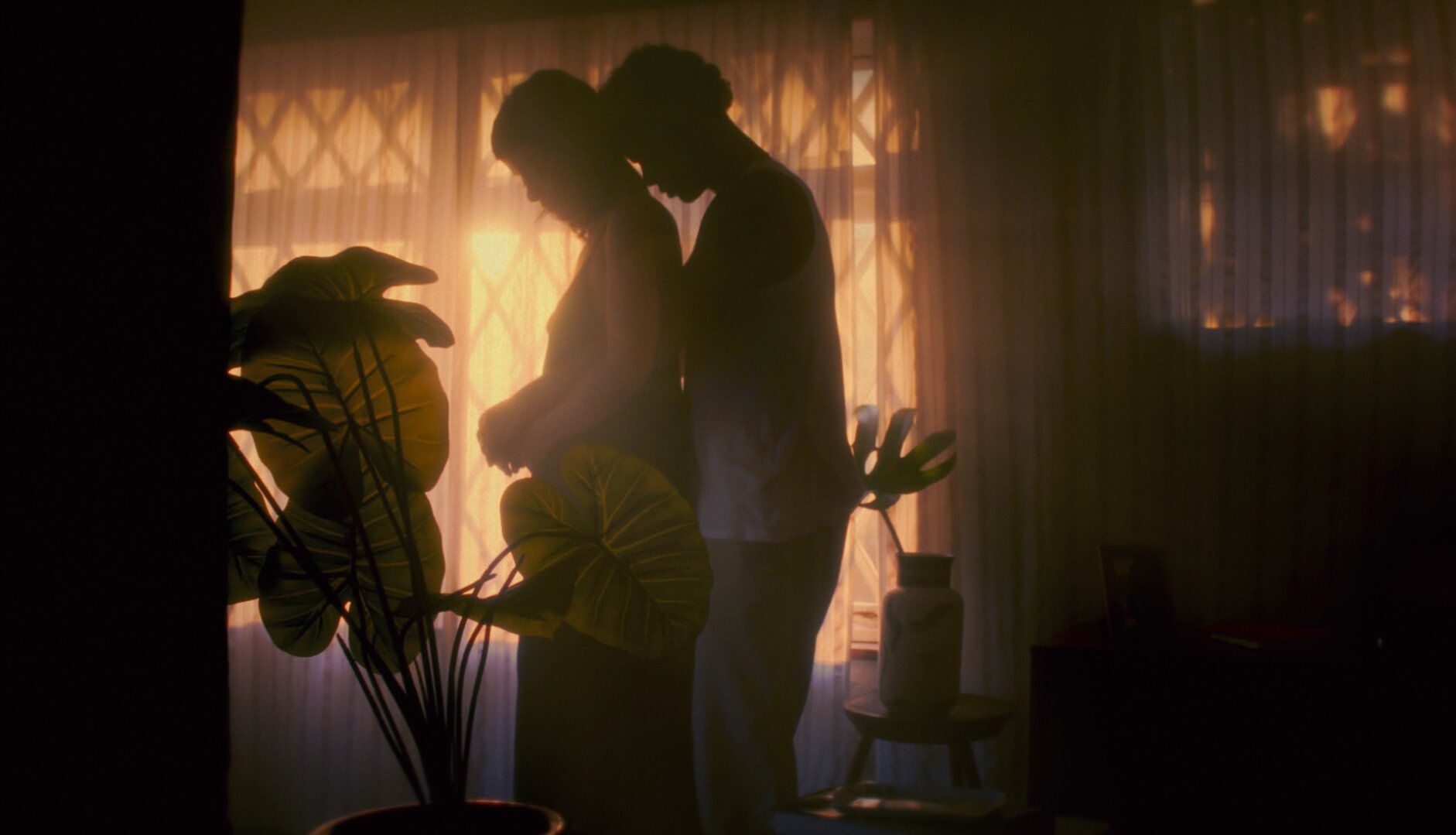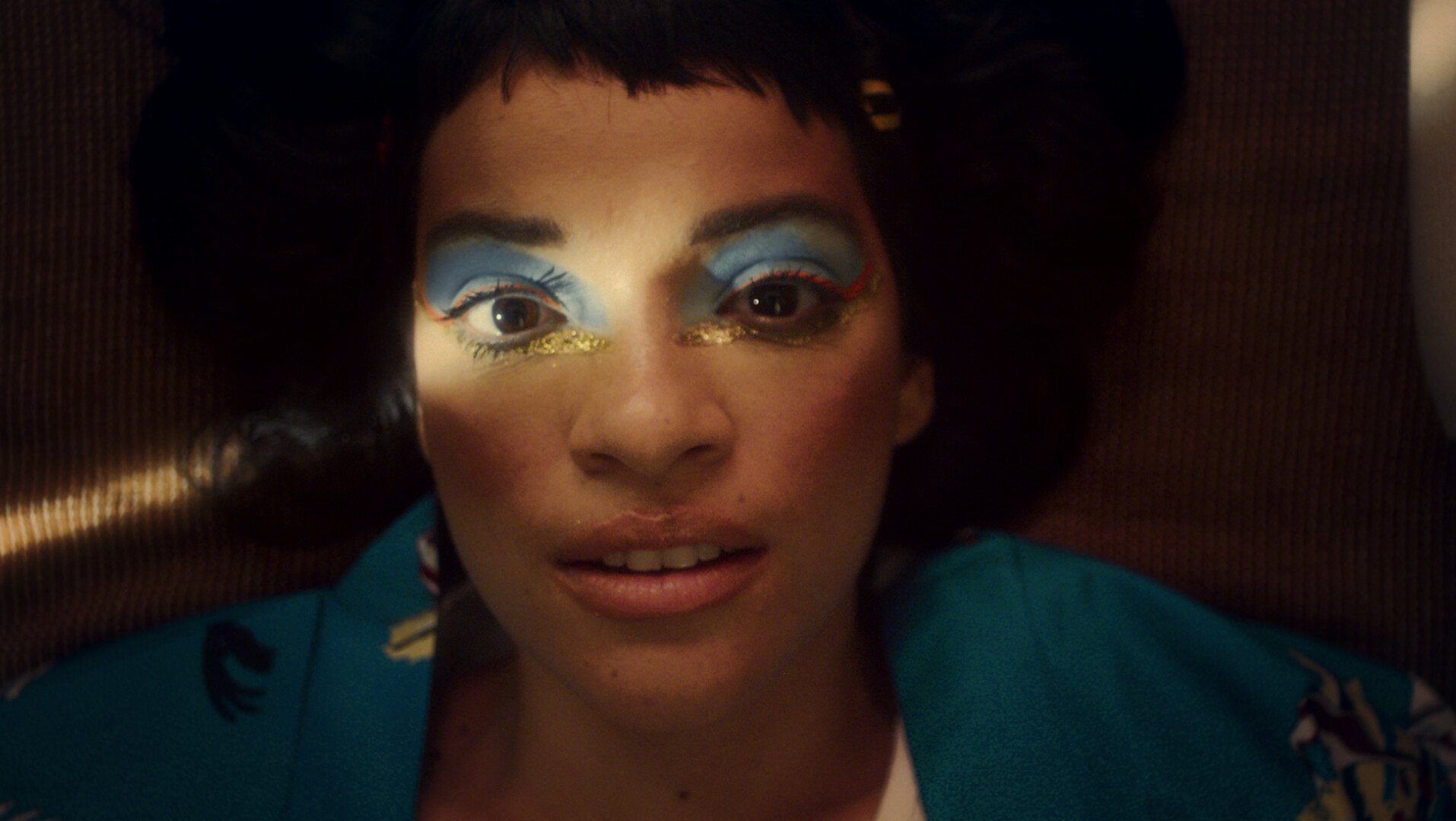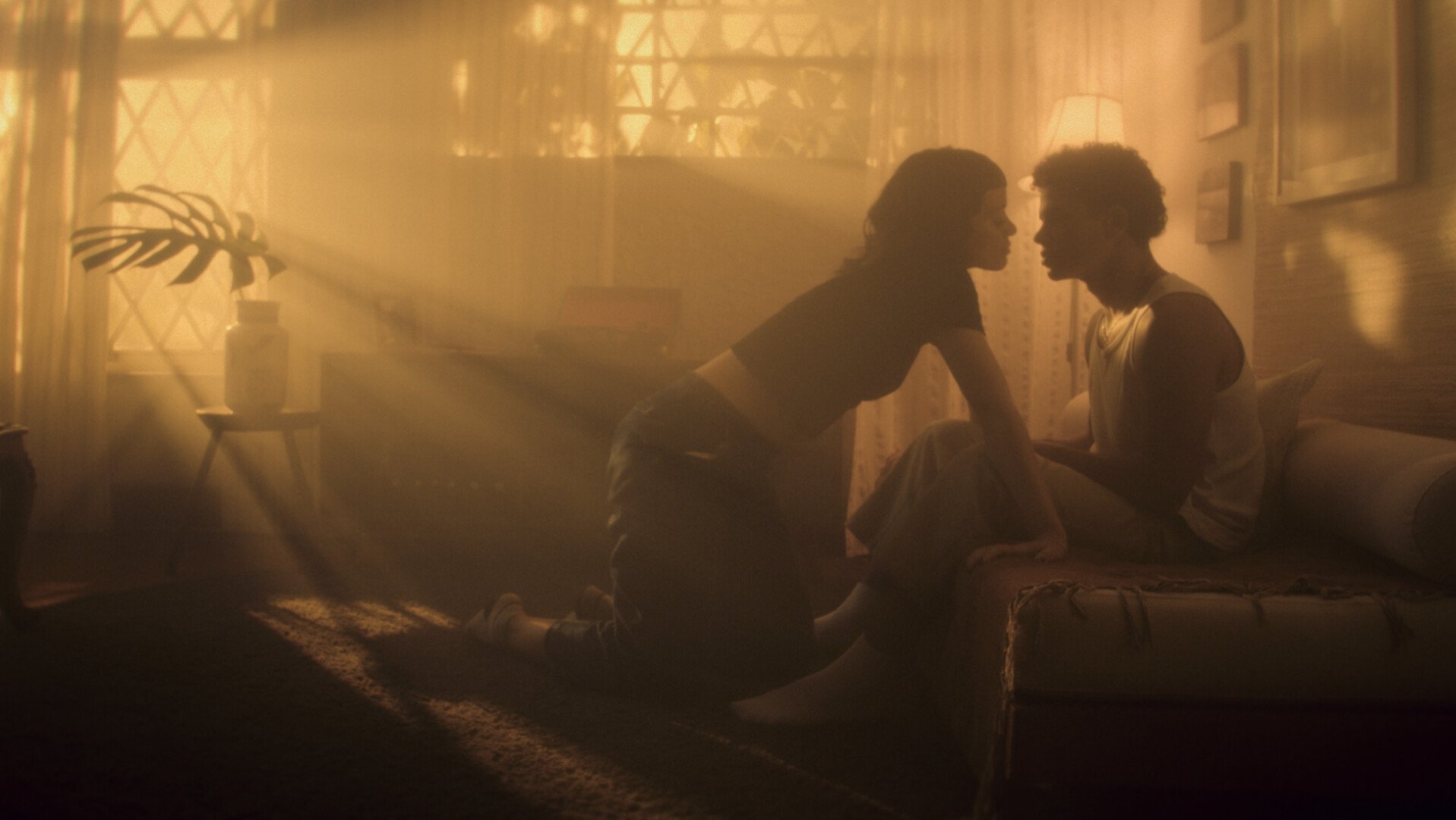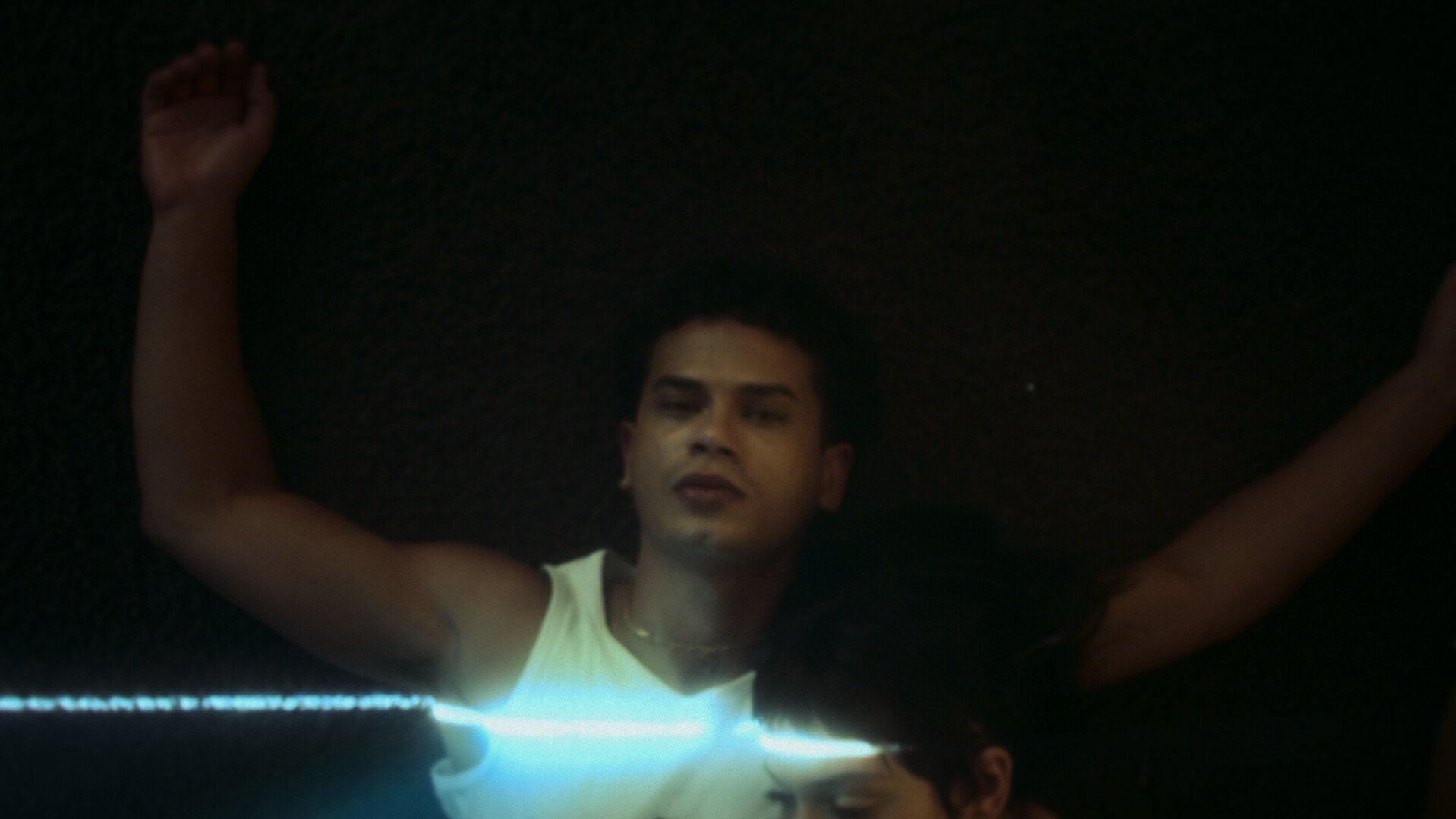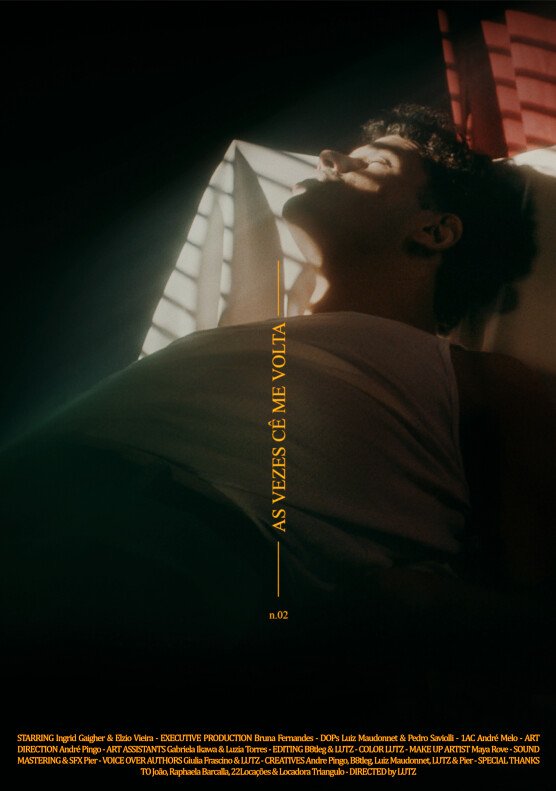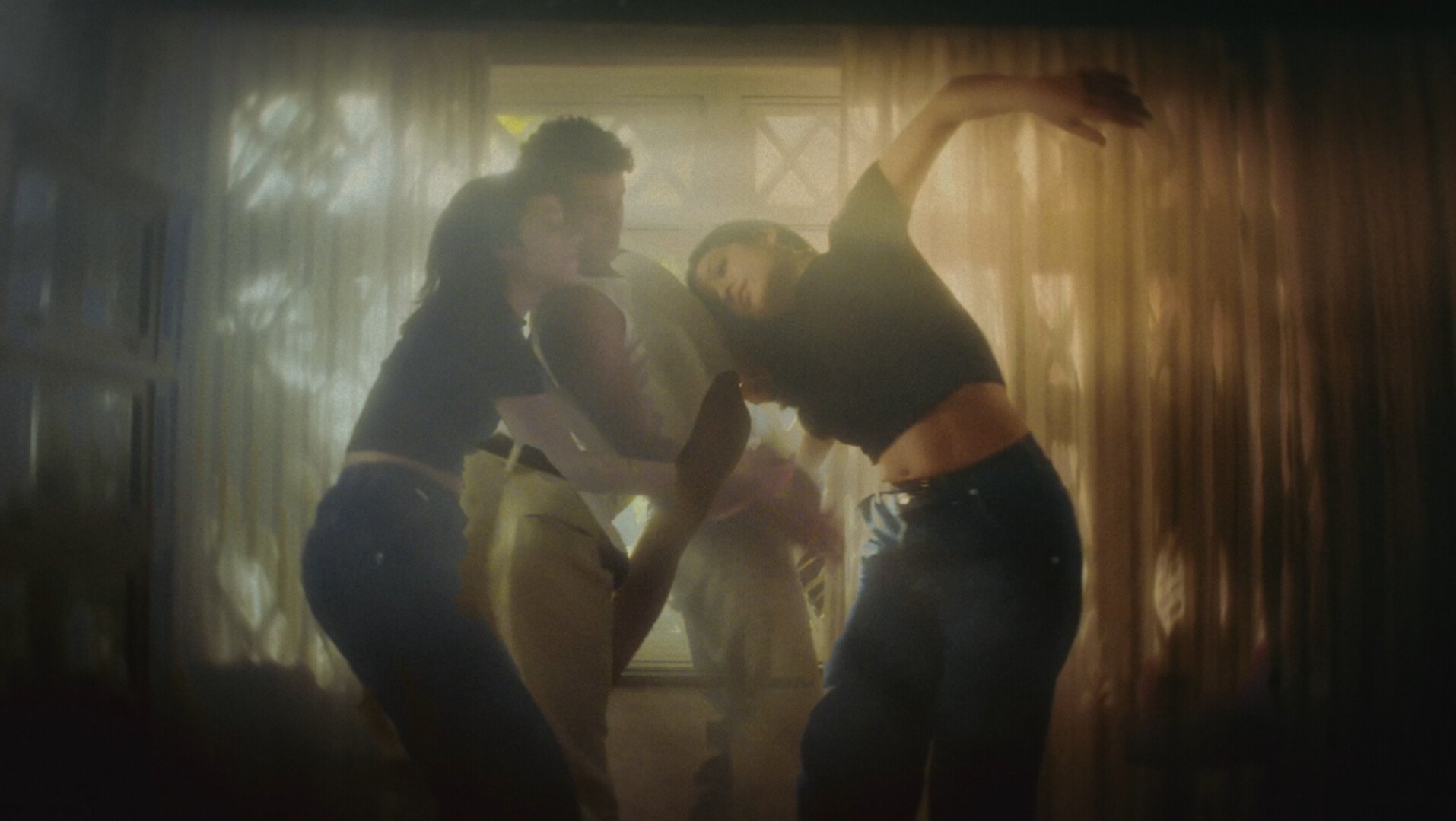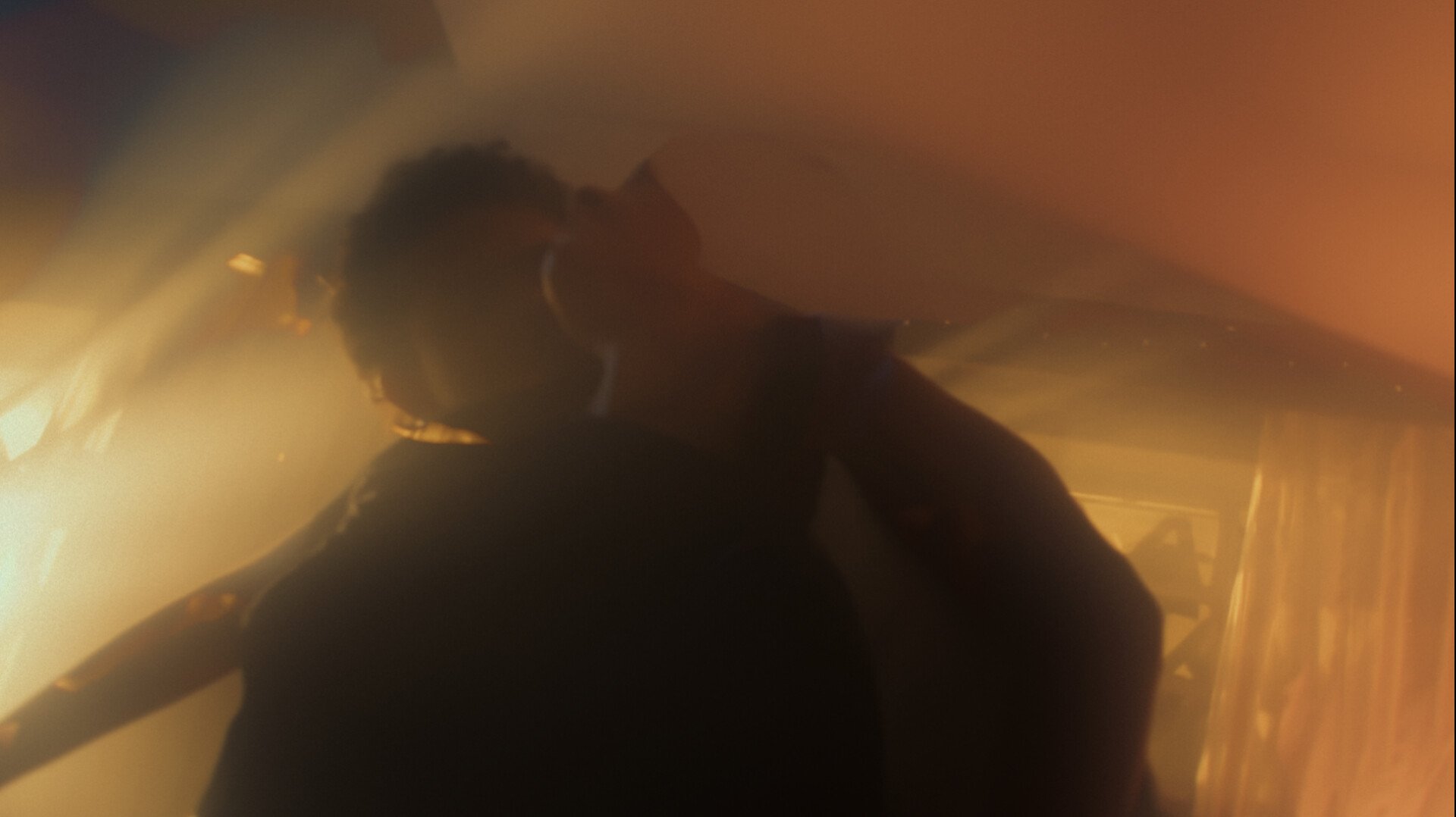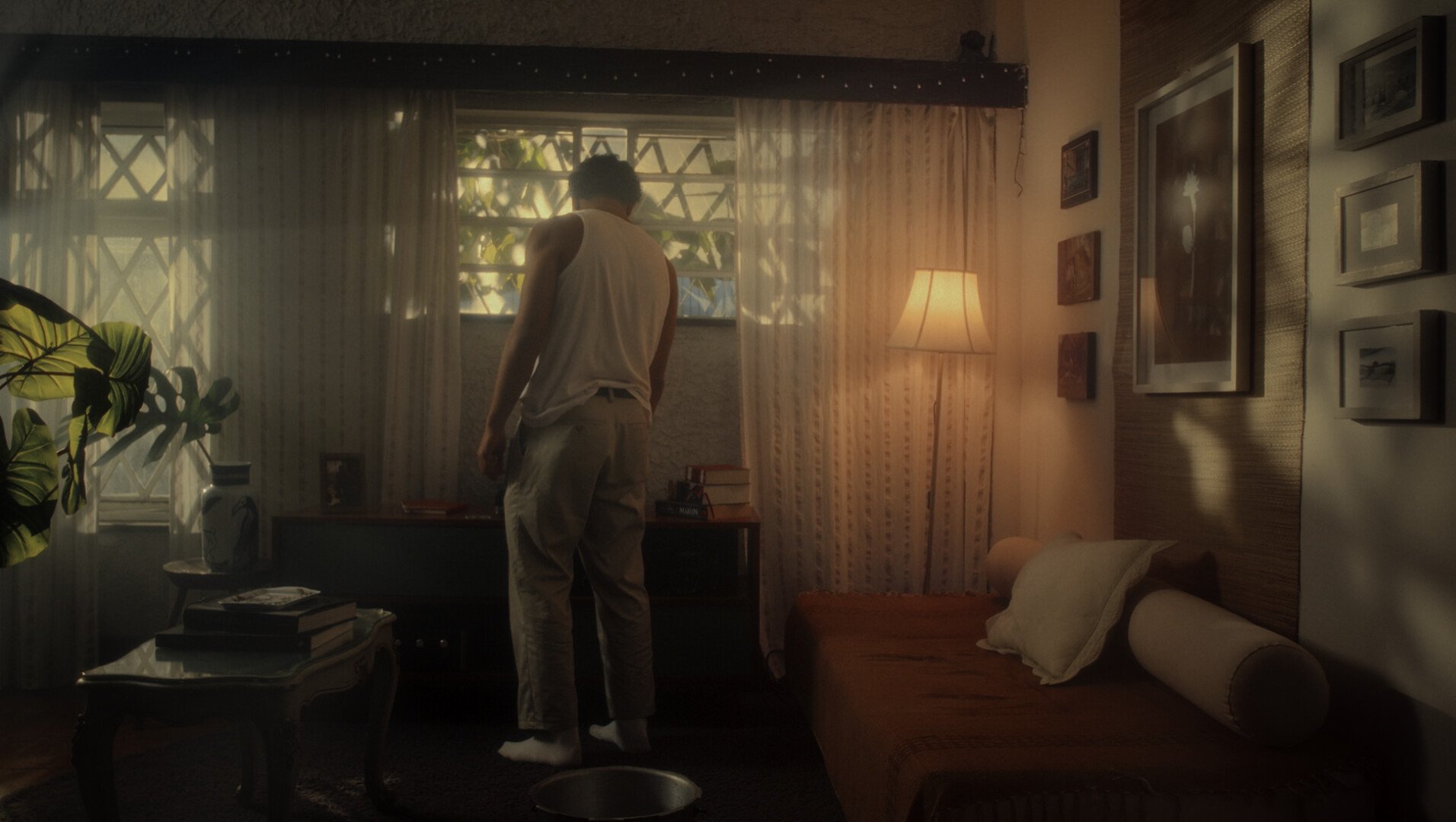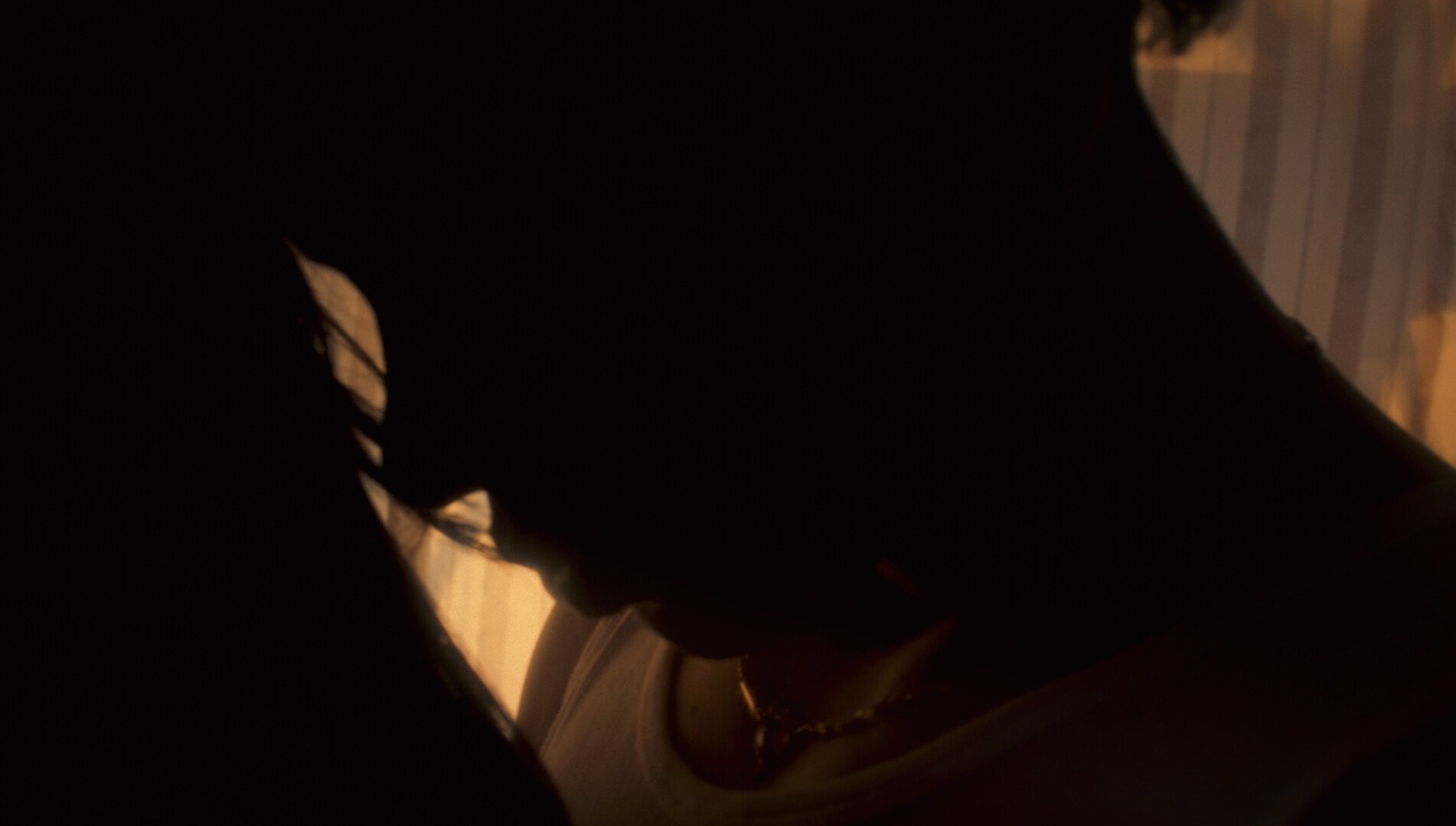Echoes of You N.02
Rekindling some old memories of past relationships
Directed by Lutz
Interview by Tatev Avetisyan
In the captivating film Echoes of You N.02, the Brazil-based director Lutz takes the viewer on an introspective journey of emotional exploration. Left with an aftertaste of a breakup that questions past affairs, the film skillfully delves into the complexity of human relationships and the struggle of letting go of memories. Deserted in a small room, where the sun falls into the light/shadow game, the main protagonist struggles to burn the last memory of his past relationship. As he brings the lighter closer to the photograph of her, her voice says, "This is not the first time I die." With its visually striking aesthetics and poetic storytelling, Echoes of You N.02 depicts the haunting presence of the ex-girlfriend's voice as a constant reminder of the past.
In conversation with Lutz, we discover the personal story that inspired him to draft the brief, creative process behind the production and get a glimpse into Lutz's recent AI-inspired photography project.
How did you get involved in filmmaking?
I have been flirting with filmmaking since I was a kid. I grew up in the countryside of Brazil and using imagination to craft little stories was always fun. Eventually, I became a professional photographer, but with time, I felt it was necessary to tell longer and more complex stories than what could fit in a simple static frame. That is when I got a scholarship at NYFA in NY and spent some time there studying filmmaking. Unfortunately, the pandemic started, and I had to come back to Brazil and make my way here. Eventually, I connected with amazing people who had passions and ways of seeing the world and expressing their feelings in a way that fitted mine, and because of them, I am now here. Today I still do all kinds of stuff. I am a filmmaker, colourist, dop, programmer, sewer, writer, and others. I feel like there is space to develop some kind of narrative.
Tell us about the creative process behind Echoes of You N.02. What was the brief like, and why did you decide to voice the complexity of overcoming a failed relationship?
Well... It all started with a breakup, ok? (he laughs) The film came to my mind when things after the breakup were getting better again. It is funny that only then can we look back and see things clearly. I tried to create a film as if two memories were dancing around. It is very nonlinear because we always get attached to tiny episodes of memories. The thing is that usually, even by being from different moments in life, these fragments of memory create a narrative of themselves in our minds. The film talks about one memory (the man) trying to forget the other (the woman), and this is not the first time he tries to do so. He gets to a point where he decides to burn that memory away. But in the end, her voice comes back to state that this is not the first time this has happened. So, she will wait.
The premise of the film is about the fact that we will only be able to move on with our lives after a sad moment if we understand that memories are parts of us. We will never feel free from the pain if we keep trying to detach these from us. They are stuck to us now. That is why we have the "image" and the "audio" protagonist. It enhances the perception that they habit the same space, even if they do everything they can not. The man is portrayed in the image, and the woman is in her own voice in a voice-over.
Poetry mixed with the colour palette calls forth empathy and a range of emotions; how did you reach this level of intimacy, and what was it like working with your creative team?
The colour palette and poetry were essential parts of the film's creative process. I wanted to create a space that felt creamy. Almost as if it stopped in time, waiting for the moment it would breathe again. The air should feel static, almost rough enough to grate the skin when one moves in. We decided on the warm look in a talk with the Production Designer, Andre Pingo and DOPs, Luiz Maudonnet and Pedro Saviolli. We analysed the narrative mood, location, and available assets for the set dressing and discussed what would or not work. Working with my team was amazing. We tested and tested until we got to a nice place. Also, Ingrid Gaigher and Elzio Oliveira, the amazing actors, kept coming up with annotations and insights on how their characters should feel, speak, breathe and be who they were. And luckily, I have an amazing poet friend called Giulia Frascino. I really admire her ability to watch things in life and rephrase them on a piece of paper. So after I had the first draft of the poetry and knew what I wanted to get from it, I reached out to Giulia, and she jumped into the project. It was a wonderful process, and I really like what we came up with.
“I have implemented AI image generation in all my treatments now, and I have some short films made with AI.”
After a breakup, various images intrude into people's consciousness, be they pleasant or irritating; in your opinion, does the ease of forgetting things come from the resilience to create personal boundaries? Does "out of sight, out of mind" work when it comes to relationships? And what do you keep in mind while translating this onto the screen?
The thing is, we never forget things. We can change the way we feel about them, but not forget. With time and some suffering, I understood that internally. The film was a way to express all these feelings I had been keeping inside my chest and an opportunity to look at these feelings in a much more grateful and admiring way. As humans, we go through good and not-so-good stuff. It is inevitable. With time they mould us and become part of who we are, in a very good way.
There is a particular scene where the two shadows kiss that translates it. It is because we could only see him on screen and hear her in the voice-over. But yet, their shadows are there. Almost like if they had, they could unstick from our bodies and go out to do what they want. I see the shadows as memories living their truths, being what they are. No matter what, their bodies and voices try to get rid of them.
What were some of the challenges, individual or collaborative, you encountered working on the film? And how did you overcome them?
Wow, we had so many challenges along the project! For starters, we had absolutely no money to film it. A friend lent me her house, and everyone in the cast and crew was there for free. Equipment-wise, most of it was borrowed from rental companies that believe in independent films and the post was also done with friends and by myself.
The post was definitely a challenge too. We had to leave the location earlier than planned, and some scenes were missing. So I invited the team to gather together and try to make it all come to a sense. We spent some good time watching different structures, music, and tones for the voice-over and sound design. And it seems to have worked out. Here is an interesting fact: the song in the middle of the film was entirely tailor-made with AI. Can you believe that?
What inspires your aesthetic? Any filmmakers or artists whose works you follow?
My aesthetic is inspired by a range of things, from photography to music to literature. I love experimenting with different techniques and styles to create a unique visual language. Some filmmakers and artists I always refer to include Wong Kar-wai, Andrei Tarkovsky, Alejandro Jodorowsky, Cartato Veloso, David Byrne, and so many others. But also I always find new artists that inspire me daily too. That's why I love research.
In parallel, you run an IG platform - Neverland Streets - AI photography. Can you briefly describe the concept behind this project? And did it contribute in any way to your filmmaking career?
I started playing with AI some time ago when it was nothing but a bunch of lines written in code and a lot of error messages. Things evolved, and now I see it as one of the main tools I have in mind. I have a project called Neverland Streets, where I develop photographic series united by a narrative in a world I create in my mind. It is a very nice exercise to explore this world consistently, experiment with it, see what works or not, and even be inspired by it. I have implemented AI image generation in all my treatments now, and I have some short films made with AI, too. It is a realm to be explored, and it still has to grow and improve. These tools have become indispensable for me, and I believe knowing how to use them is essential for any creative person in the future.
What are you working on next?
Right now, I am focusing on writing more linear stories that speak about more particular themes. I have been challenging myself with the challenge of getting the most out of the minimum and focusing on simplicity. Unfortunately, I can't tell you about them yet. But they are in various stages of development, and I am excited to see where they will take me creatively.
Director and writer: Lutz
Writer: Giulia Frascino
Producer: Bruna Fernandes
Key Cast: Ingrid Gaigher "Marina"
Key Cast: Elzio "João"
Production Designer: André Pingo
Sound Designer: Pier Valencise
DP: Luis Maudonnet
DP: Pedro Saviolli
Makeup Artist: Maya Rove
Editing: Lucas Cainã
Production Design Assistant: Luzia Torres
Production Design Assistant: Gabriela Ikawa
Camera Assistant: André Mello
Colorist: Lutz

